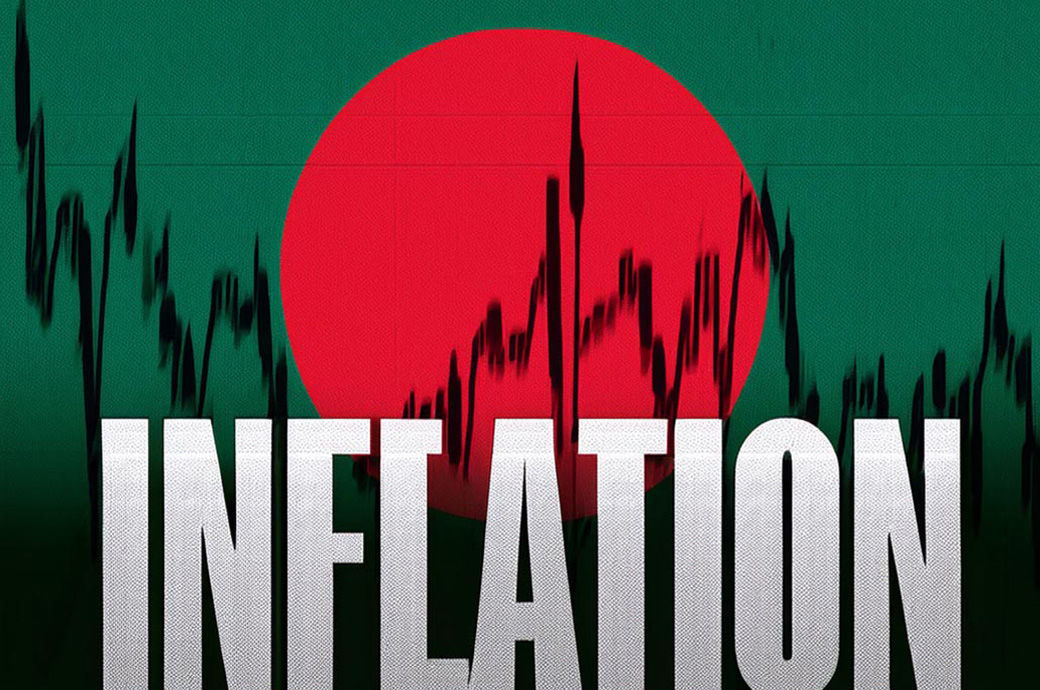
While central bank governor Ahsan H Mansur is optimistic about inflation returning to 6-7 per cent by June, allowing rate cuts within FY25, BMI thinks this is unlikely.
It expects headline inflation to average 8.5 per cent over FY26, up from 8 per cent previously.
It expects the taka to depreciate by a further 15 per cent this year. One reason is that the Bank has moved from a crawling peg to a market-determined reference exchange rate. Another is that BMI now forecasts the US Federal Reserve (Fed) to cut the funds rate by 50 basis points (bps) less in 2025.
Together with elevated political uncertainty, this will cause inflation expectations to rise and keep inflation above target until June 2025.
Indeed, other factors like increased agricultural output, lower oil prices and recent monetary tightening could alleviate inflationary pressure, but they are unlikely to fully offset the negative impact from what will be sharp depreciation in the taka, BMI said in a release.
Another rate hike is unlikely given Bangladesh's ‘gloomy’ economic outlook, BMI noted.
Recent monetary tightening has reduced private credit growth to 7.3 per cent in December, the slowest since at least 2015. Additionally, wage growth is not keeping pace with inflation, leading to real wage losses and stagnant consumption growth.
BMI expects the central bank to remain hawkish for an extended period and only begin easing in later FY26.
ALCHEMPro News Desk (DS)
Receive daily prices and market insights straight to your inbox. Subscribe to AlchemPro Weekly!